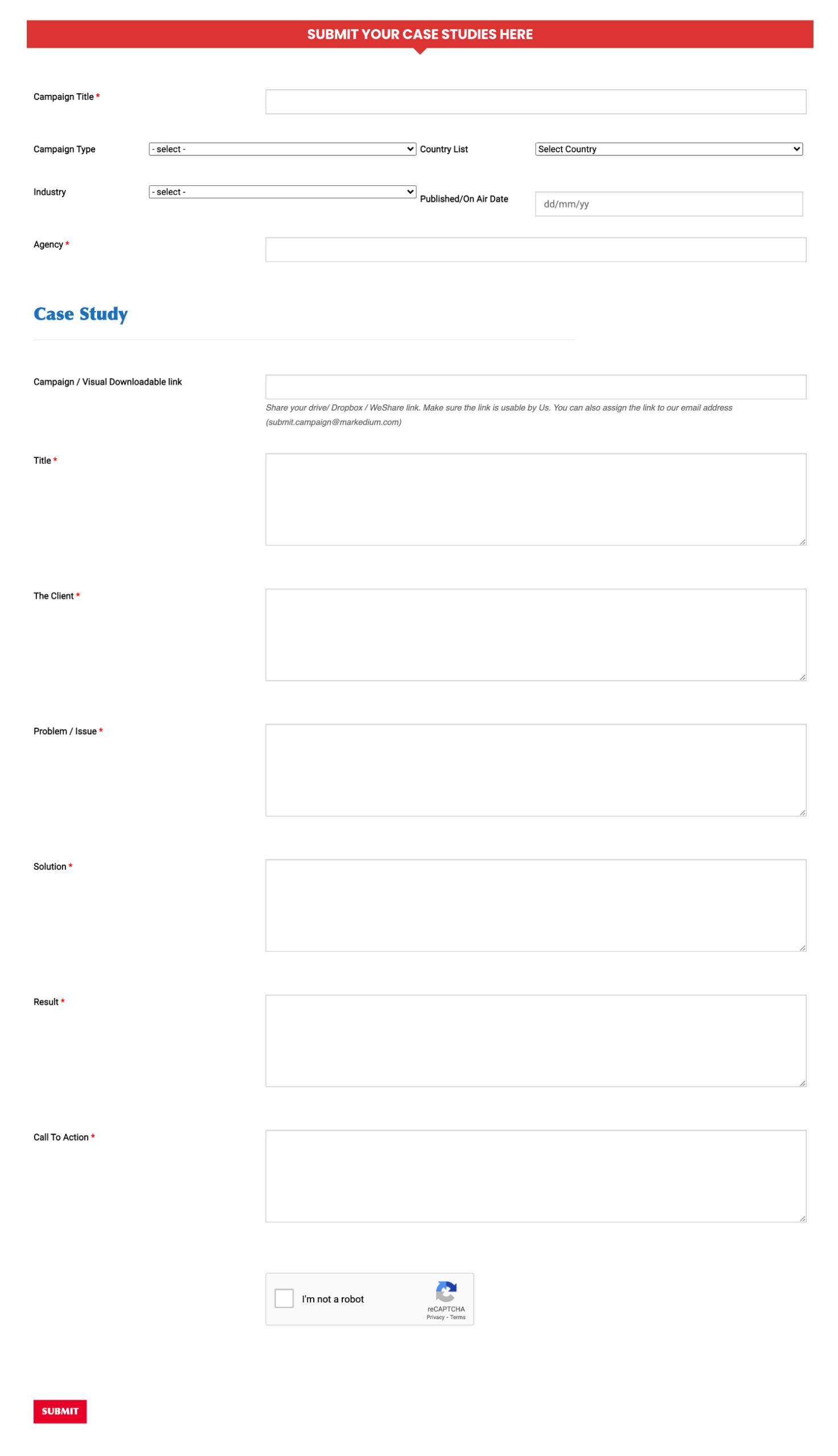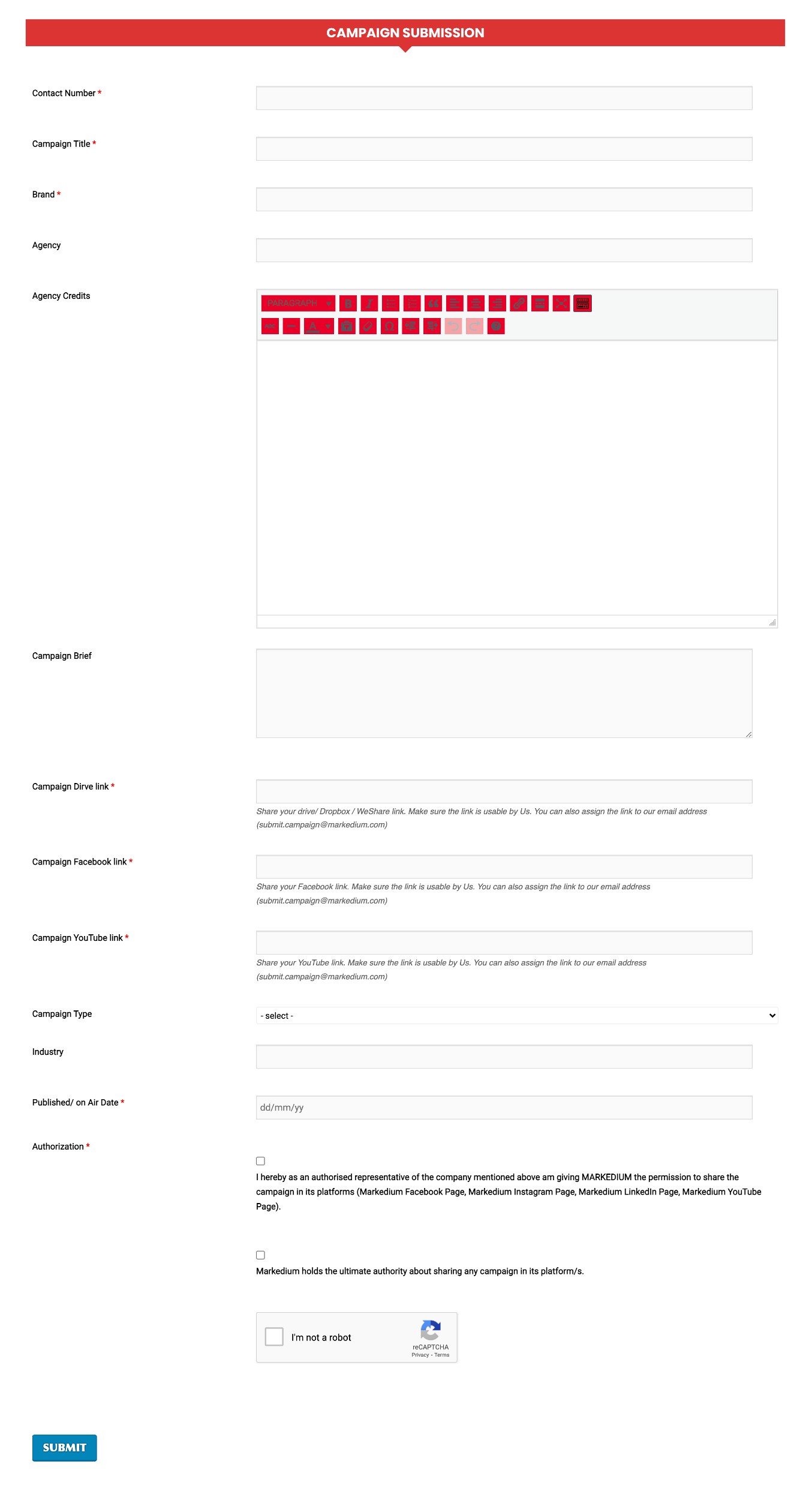
Amazon Seeks Central Bonded Warehouse in Bangladesh: State Minister2 min read
American e-commerce giant Amazon has expressed interest in setting up central bonded warehouse facilities in Bangladesh to capitalize on tax benefits, according to State Minister for Commerce Ahasanul Islam Titu. At a press conference held at the commerce ministry in Dhaka, Titu revealed that Amazon, which has been sourcing clothing from Bangladesh for many years, now aims to use the country as a transshipment hub. This strategic move involves routing goods through Bangladesh as part of Amazon’s global supply chain before dispatching them to final destinations, thereby benefiting from differing international tax rates and reducing the overall tax burden.
The announcement came following a meeting between Titu and a visiting delegation from the US-Bangladesh Business Council. The delegation included high-profile representatives from Meta, Chevron, The Coca-Cola Company, and Boeing, led by Steven Kobos, President and CEO of Excelerate Energy, and Atul Keshap, President of the US-Bangladesh Business Council.
Titu also disclosed plans to amend the current e-commerce policy, which presently restricts Bangladeshi companies to domestic transactions. The proposed amendments will enable local e-commerce businesses to export products and engage in international financial transactions, a move that could significantly boost their global competitiveness.
This policy change aligns with the demands of the Bangladesh Garment Manufacturers and Exporters Association (BGMEA), which has been advocating for a domestic e-commerce platform capable of international operations similar to Amazon. In addition to these developments, Titu called for easier access for Bangladeshi products in US markets. Highlighting that Bangladesh is the largest importer of American cotton, he requested duty benefits for garments produced from US-imported cotton. Currently, Bangladeshi garment exporters face a hefty 15.62 percent duty on exports to the US.
To support the burgeoning e-commerce sector, the Bangladeshi government has already implemented a national logistics policy aimed at establishing the necessary infrastructure and strategies. Titu emphasized the potential for significant business growth, noting that global companies are not only targeting the 170 million people in Bangladesh but also the 330 million in surrounding Bay of Bengal nations.
The visit of the high-profile delegation underscores Bangladesh’s growing appeal as a business hub. With nearly 30 members present, the discussions reflected a broad interest in fostering stronger US-Bangladesh trade relations. The commerce ministry’s statement following the meeting highlighted the optimism shared by both sides about future collaboration and the substantial business opportunities that lie ahead.
For more updates, follow Markedium.


